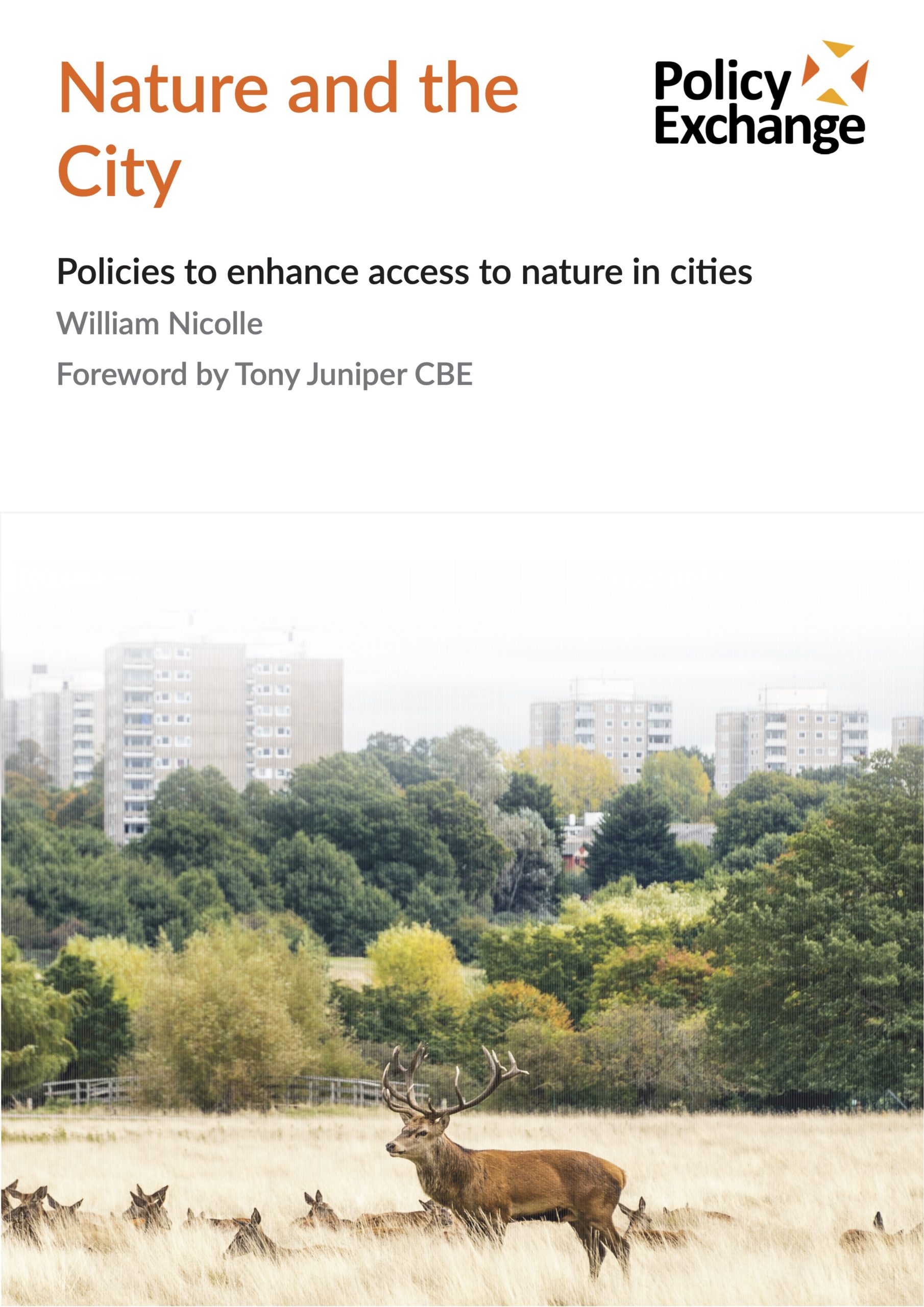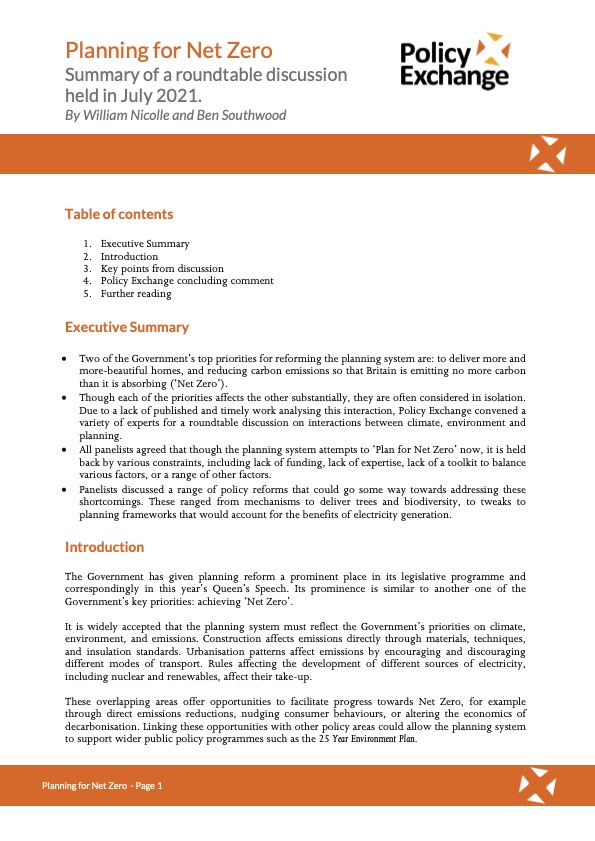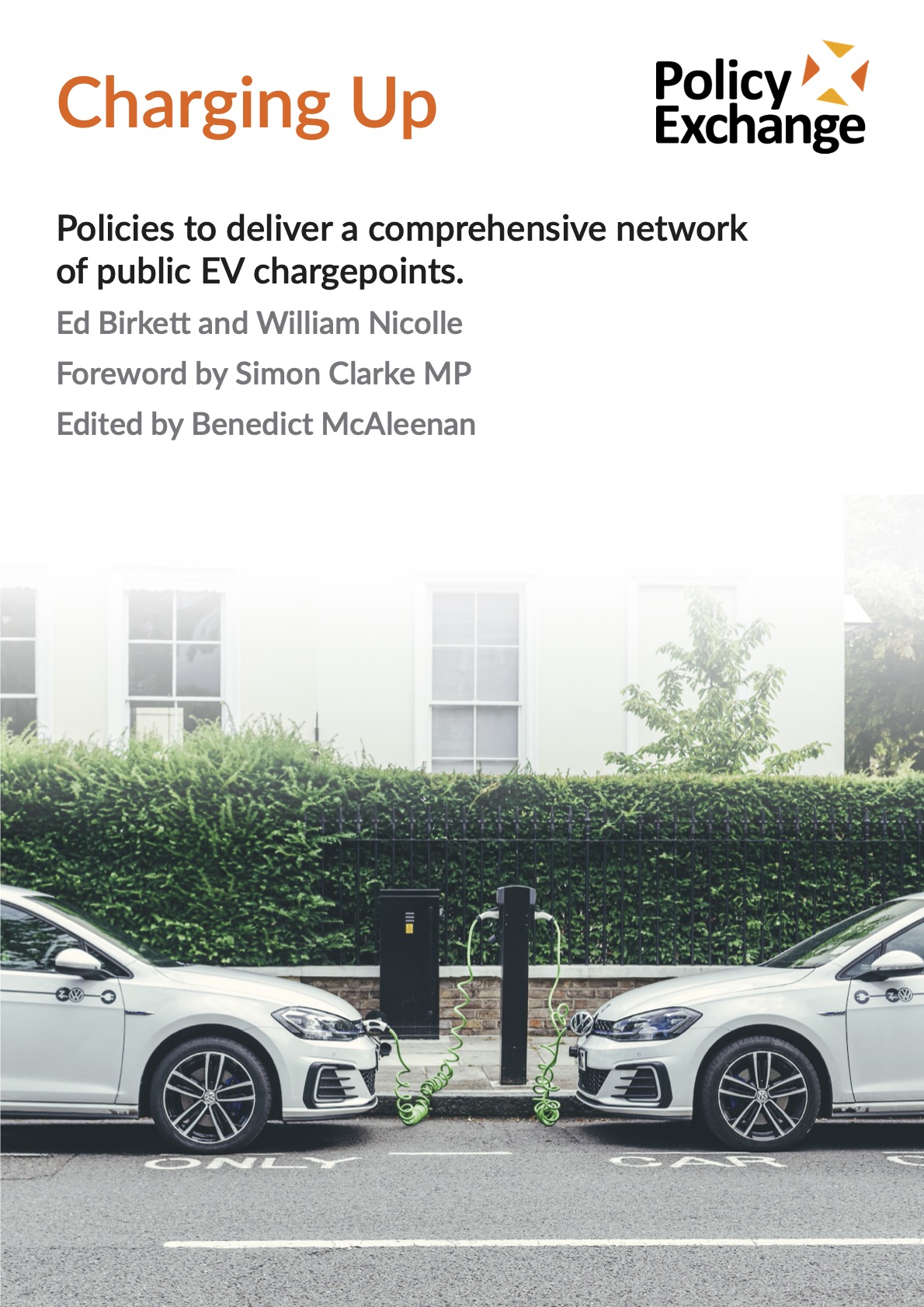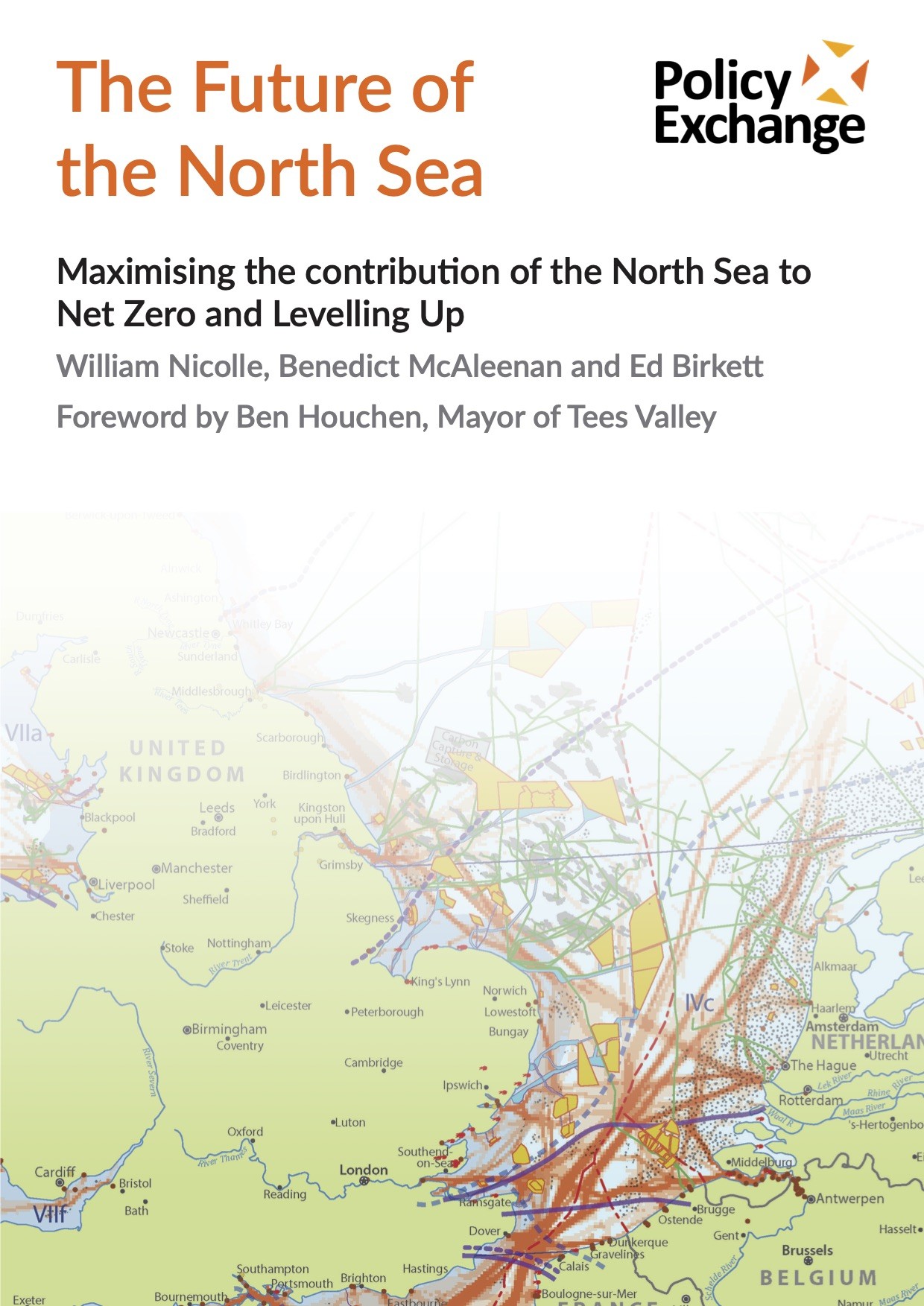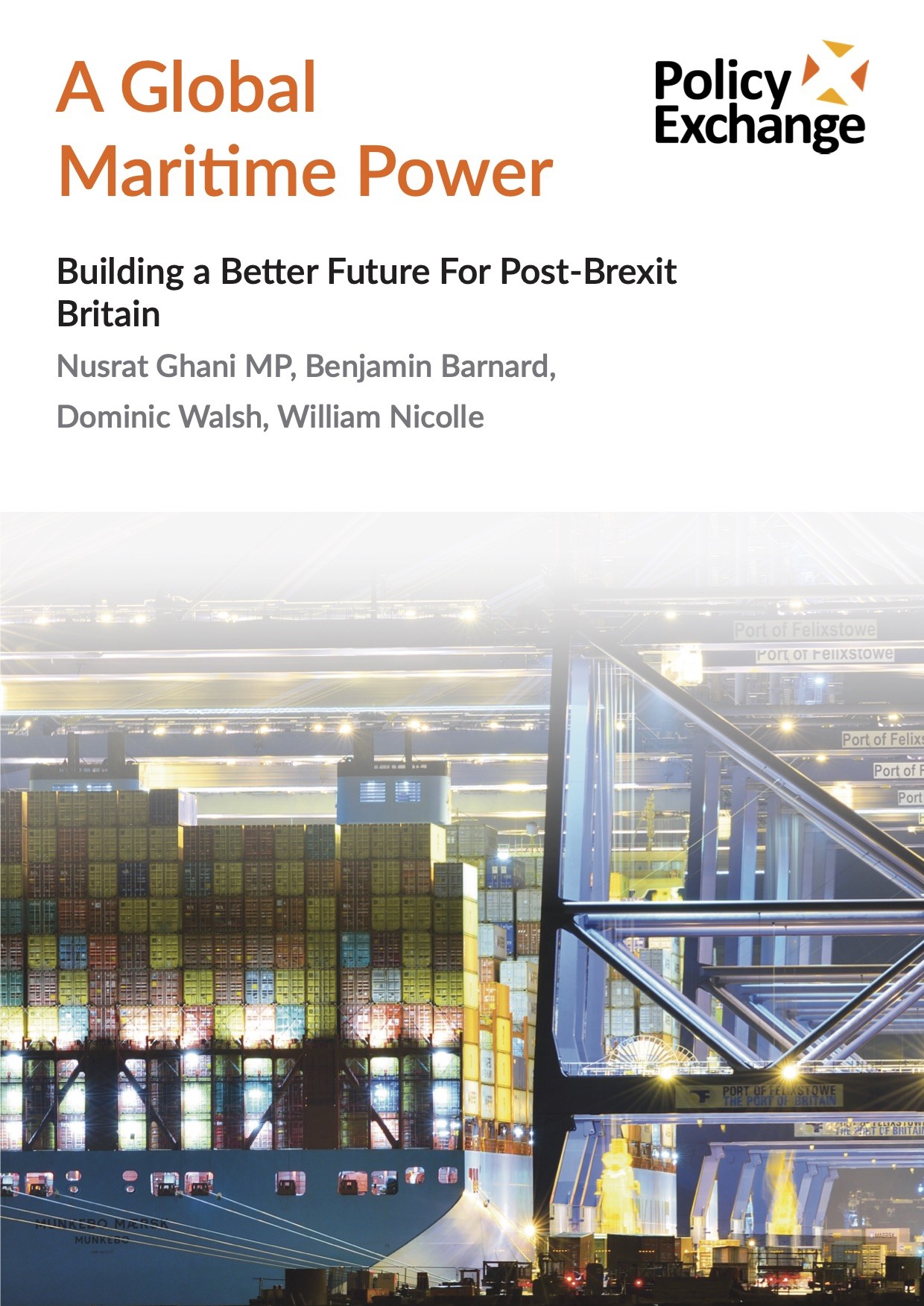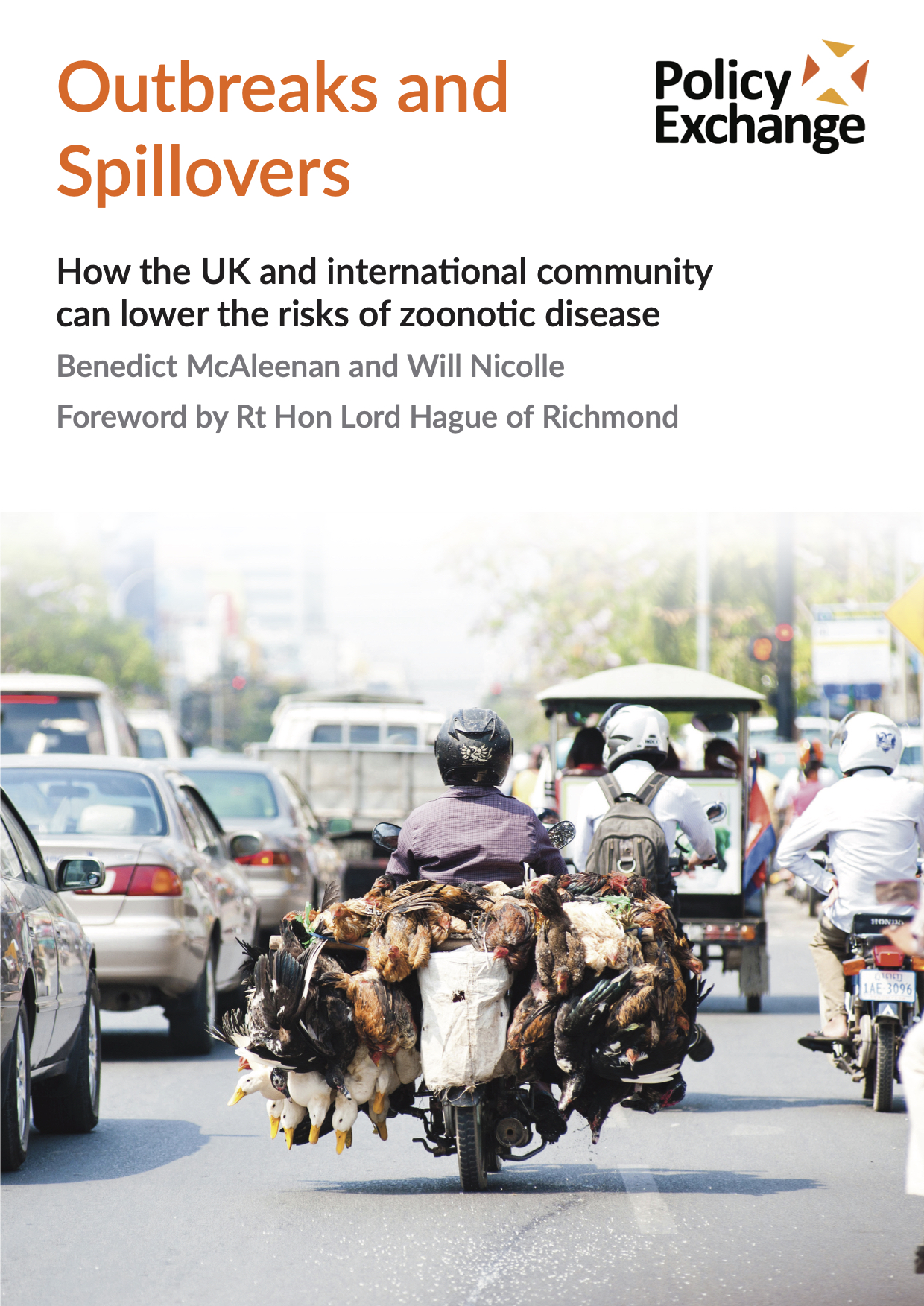William Nicolle
Research Fellow, Energy and Environment.
William Nicolle is a Research Fellow in the Energy and Environment Unit. William joined Policy Exchange in 2019, having previously worked as a Graduate Analyst for Centrica, and most recently as a Researcher at another London based think tank focusing on energy and environmental policy, co-authoring two reports. He has a BA in Geography from the University of Oxford.
Lorem ipsum dolor sit amet, consectetur adipiscing elit. Ut elit tellus, luctus nec ullamcorper mattis, pulvinar dapibus leo. Download Publication Polling for Policy Exchange that finds each policy measure within the Government’s Ten Point Plan for a Green Industrial Revolution receives moderate or strong support. The results appear to vindicate short-term government strategy, with 73% supporting the use of public money to invest in residential energy efficiency measures and a […]
Download Publication Following periods of lockdown in 2020 and 2021, many people discovered a renewed appreciation for local green spaces, particularly in urban areas. However, over the last 20 years, the amount of urban green space in England fell by 8%, with a corresponding decline in some species, particularly bird. This report explores measures to increase access to nature in urban areas, for example by planting trees and by requiring […]
Lorem ipsum dolor sit amet, consectetur adipiscing elit. Ut elit tellus, luctus nec ullamcorper mattis, pulvinar dapibus leo. Download Publication Two of the Government’s top priorities for reforming the planning system are: to deliver more and more- beautiful homes, and reducing carbon emissions so that Britain is emitting no more carbon than it is absorbing (‘Net Zero’). Though each of the priorities affects the other substantially, they are often considered […]
Download Publication Online Reader The UK’s commitment to phase out new petrol and diesel cars and vans by 2030 was at the heart of the Prime Minister’s recent ‘Ten Point Plan for a Green Industrial Revolution’. This commitment reflects both sharp reductions in the cost of electric vehicles (EVs) and the urgent need to clean up the transport sector, which is now the UK’s largest source of greenhouse gas emissions. […]
Download Publication Summary Slides The Levelling-up and Regeneration Bill is to be considered again by the Public Bill Committee on 13 October 2022. One of the few clauses of the Bill yet to be considered is clause 187, which replaces provisions of the Vagrancy Act 1824 about begging and rough sleeping which were repealed earlier this year, but the repeal of which has not yet been brought into force. The […]
Download Publication Online Reader The UK is one of the world’s leading maritime nations. As it leaves the European Union, Britain’s status as a leading economic and geo-political power depends upon the strength of its maritime industry. This paper, co-authored by former Transport Minister Nusrat Ghani MP, highlights the difficulties facing the maritime sector and shows how support for our ports, shipping companies, shipbuilders and others can play a central […]
Zoonotic pathogens (those that originate in animals) are a growing risk to human populations. There were three times as many outbreaks in the 1990s as in the 1940s, and cases continue to rise. The majority of new infectious diseases originate in animals, including well-known diseases such as SARS, avian flu, Ebola and HIV. Whilst too early to say for sure, it is likely that SARS-CoV2 (the virus that causes COVID-19) originated in bats. Here Policy Exchange examines what is to be done to reduce the threat to human health and the global economy.
The global response to the coronavirus pandemic has prompted a series of reflections about the international architecture of global health, both domestically and internationally. Through its Presidency of the G7 summit – which takes place in Cornwall next weekend – the United Kingdom has both an opportune moment and ample scope to take a leading role in reshaping global health governance for good. Britain is already a global leader in […]
Voices in the environment sector have long fired criticisms at Net Zero, the Government’s target for eradicating emissions by the middle of this century. Last year, Greta Thunberg argued that the world should ‘forget’ Net Zero, and an article recently posted by The Conversation argued it is a “dangerous trap”. However, the opposite is true; Net Zero is a practical and a political victory for the decarbonisation agenda, not a […]
Negative emissions are piquing the interest of the Government, as shown in its recent announcement of innovation funding for new negative emission technologies (NETs). However, policies based on grants and innovation funding are short-term options – they act as the spark to get the kindling going, but the fire requires continuous government support until the flame catches. Previous Government policy in this area has been plagued by U-turns. Two previous Government […]
Reaching Net Zero requires more than just reducing emissions. To account for processes that will be exceptionally difficult to decarbonise completely (such as steel or cement making), we actually have to remove greenhouse gases from the atmosphere, thereby balancing out at ‘net’ zero. ‘Negative emissions’ technologies (NETs), also known as Greenhouse Gas Removal (GGR) technologies, allow us to do that. They remove greenhouse gases – usually carbon dioxide – from […]
It is welcome news that UK Government has dismissed reports that it was considering a scrappage scheme for petrol and diesel cars as a short-term economic stimulus measure. In a typical scrappage scheme, the government would pay car owners to scrap their current vehicle in return for credit against a new one, thereby stimulating the manufacturing sector. However, scrappage schemes are generally not a desirable policy, because they tend to be an inefficient use of public funds, work against the grain of transport decarbonisation, and send mixed price signals alongside Electric Vehicle subsidies.


